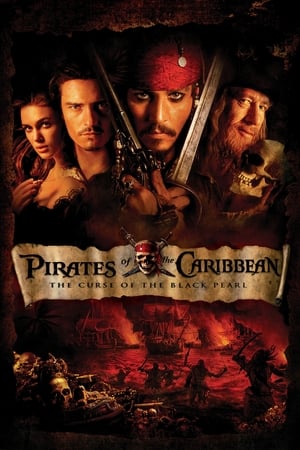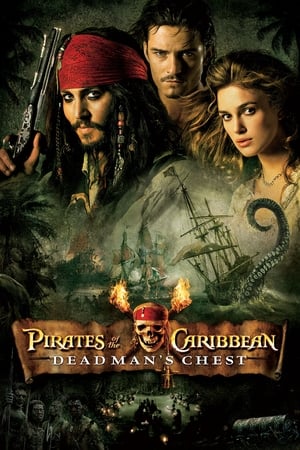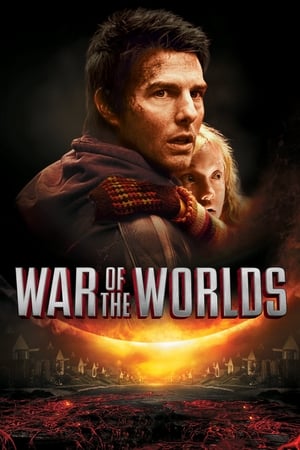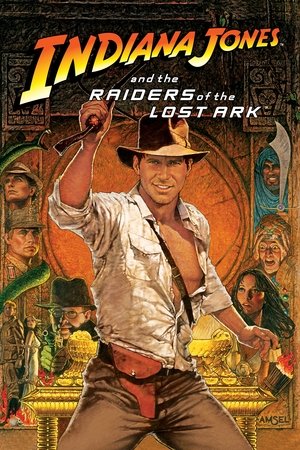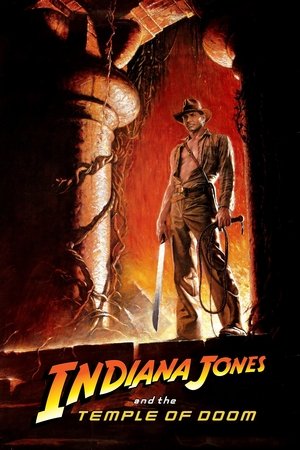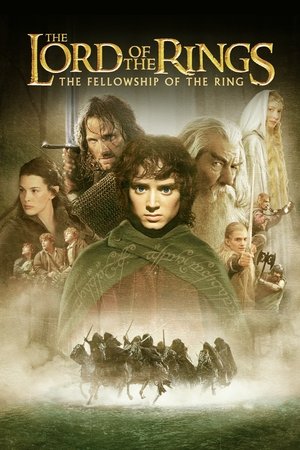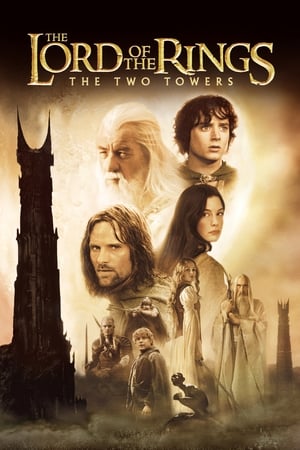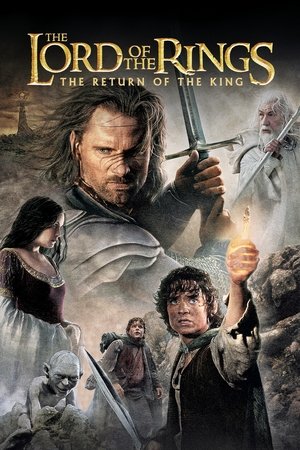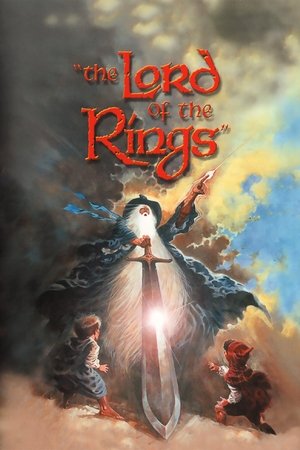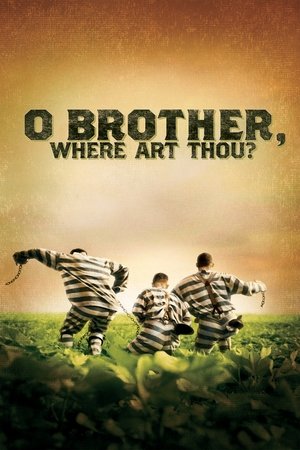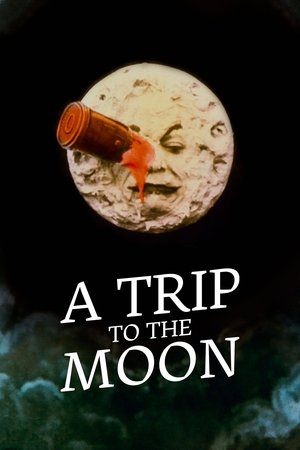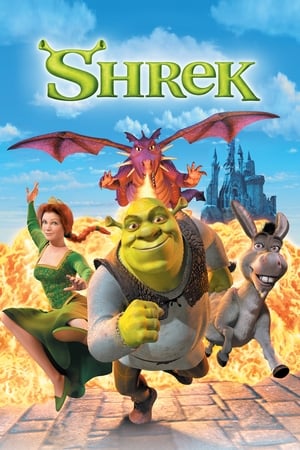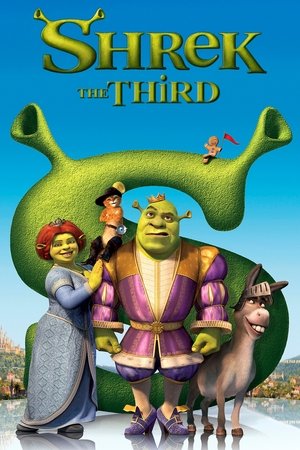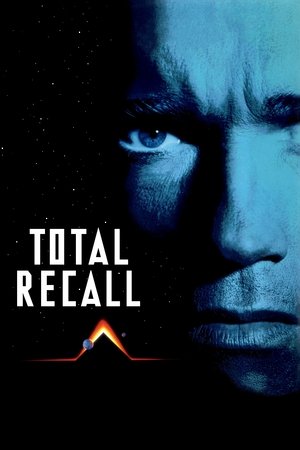Overview
In this early film adaptation of the classic novel by Robert Louis Stevenson, young Jim Hawkins is caught up with the pirate Long John Silver in search of buccaneer Captain Flint's buried treasure.
Reviews
I lucked out in high school. I had a good streak of English teachers. While other classes were reading "The Great Gatsby," "The Pigman," and "Hamlet," I was entrenched in "Frankenstein," "In Cold Blood," and "Macbeth." Another classic I got to avoid was "Treasure Island." After watching the 1934 film version, I kind of get the feeling Robert Louis Stevenson's book was better.
Jim Hawkins (Jackie Cooper) and his mother (Dorothy Peterson) run a small inn in England. One night a creepy paranoid drunk named Billy Bones (Lionel Barrymore) checks in, demanding Jim watch out for a one-legged man who wants to get Billy and the secret he carries in his ship's chest. Billy does call attention to himself, and drinks himself into an early grave, just as mysterious men descend on the inn, looking for Billy's secret- a treasure map. Jim has taken the map, shown it to the local magistrate/doctor Livesey (Otto Kruger), and the local squire Trelawney (Nigel Bruce) funds an expedition to the Caribbean to find Billy Bones' treasure. The ship, the Hispaniola, is being captained by Smollett (Lewis Stone), but the hired crew keeps disappearing before they set sail. A one-legged local tavern owner named Long John Silver (Wallace Beery) is hired on as cook, and he conveniently fills out the crew with friends of his. Of course, Silver is the one-legged man Bones was warning Jim about. Silver goes about befriending the boy, all the while picking up clues on where Bones' treasure is. Silver's crew begins murdering the rest of the original crew, and after Jim warns the captain and others of Silver's plan, there is a mad rush for the treasure once the ship hits the island.
Beery and Cooper teamed before, more successfully I have heard, in "The Champ" a couple of years earlier. In that film, Cooper's incessant crying had the film audiences of the day in tears themselves, and from clips I have seen of the film, I can understand why. He was incredibly good then, not overly cute, and very believable. Here, as Jim, he cries again at Silver's doings, but it does not come off as well. As Silver continuously manipulates Jim, and is caught and called out on it, Jim sobs, then goes right back to the well for more. It comes to the point where Jim's naivete becomes Jim's irritating stupidity, as he doesn't seem to learn a thing- from the very beginning of the film to the strange final scene. And oh, what Jim sees! Director Fleming was more an action director, making his "The Wizard of Oz" and "Gone With the Wind," his best known films, notable in that he took over from someone else on both. "Treasure Island" is violent, even for the mid-1930's. One man is run over by a wagon, and we see him scream and writhe. Murders occur around Jim at an alarming rate. Jim is threatened and grabbed, and even forced to kill. Yet, Jim keeps seeing the good in the murderous Silver, and Fleming fills the screen with bloody mayhem- accompanied by light sea shanties, and comic relief from Charles "Chic" Sale as Ben Gunn, a man who has been on the treasured island for three years without human contact. The tone is so off, and so weird, I watched to see what horrors Jim would experience next, and bottle up inside. Someone should write a sequel where Jim ends up in an insane asylum like Bedlam, a quivering mass of jelly expecting drunkards and one-legged men to pop out and attack him.
Beery and Cooper don't even try English accents, and while well-shot, the film is stagy. The ship scenes work, and some of the supporting performances are great- Barrymore especially- but you can often see poor Beery's leg merely bent up to look absent, thanks to some lousy editing. While this outing of "Treasure Island" isn't all bad, coming from the Golden Age of Cinema, the 1930's, it is a disappointment. I'll give the superior "Mutiny on the Bounty" and "Captains Courageous" another look next time I feel the need for big boats and bigger water.
An engaging effort from Jackie Cooper as the fledgling "Jim Hawkins" works well here with a charismatic one from Wallace Beery as the duplicitous "Long John Silver" as Victor Fleming takes us on an exciting adaptation of Robert Louis Stevenson's seafaring adventure. It's "Jim" who finds himself embroiled in some piratical vengeance at his mother's tavern when "Billy Bones" (Lionel Barrymore) leaves him a map to an enormous fortune hidden on a desert island. Lucky to escape with his life, he enlists the help of the doctor (Otto Kruger) and the blabbermouth squire (Nigel Bruce) to employ "Capt. Smollett" (Lewis Stone) and off they sail. Of course, the crew of the ship have not been selected by the captain, but by the one-legged "Silver" who served with the original owner of the loot and who, with his ruthless pals, intends on reclaiming it once they get to the island. Can young "Jim" and his friends stay alive long enough to fetch the treasure and thwart the dastardly "Silver"? This is one of my favourite childhood stories, and Beery puts his heart and soul into it. The supporting cast - including the bumbling Bruce, the menacing Charles McNaughton's "Black Dog", but most especially Chic Sale as the mad as cheese "Ben Gunn" all pull together well building to a denouement of just a little enjoyable mischief. Swash, buckle and some seriously dangerous plum-duff on the high seas! What's not to like?

 103 min
103 min
 6.5
6.5
 1934
1934
 USA
USA
 tmdb76622195 wrote:
tmdb76622195 wrote:

